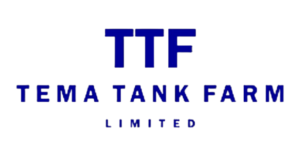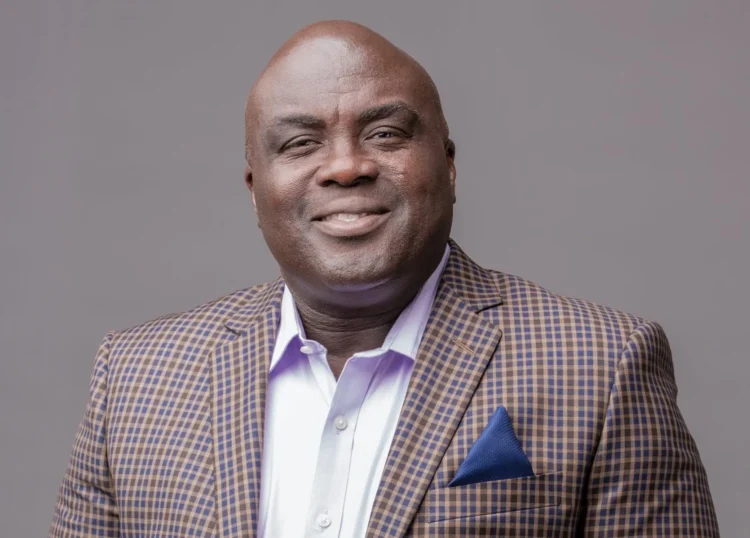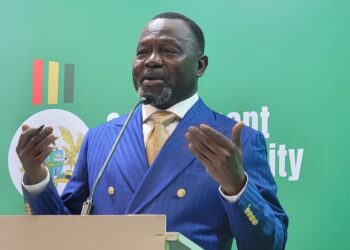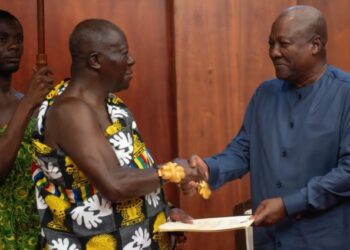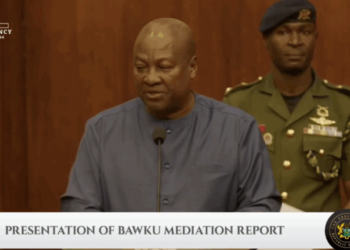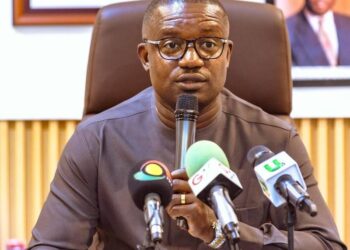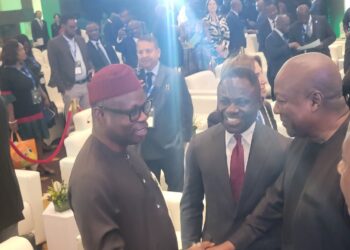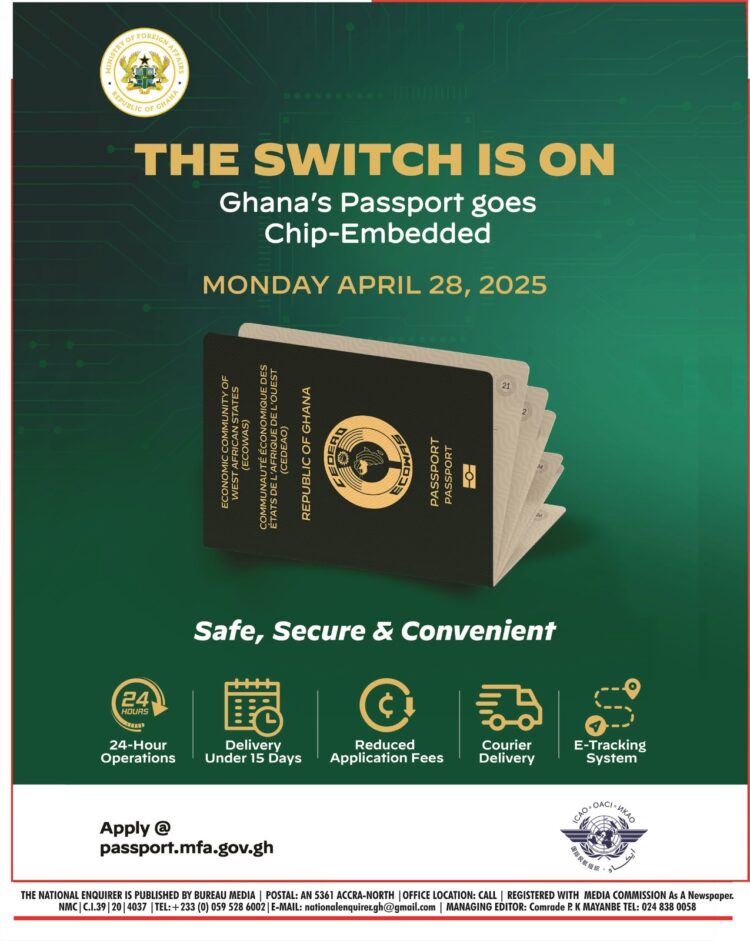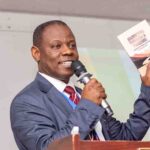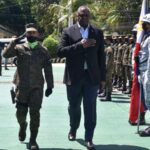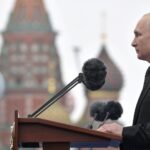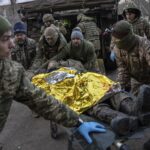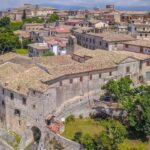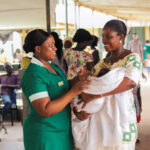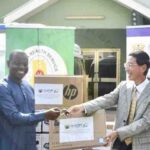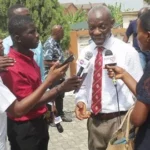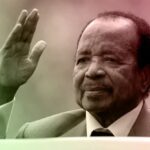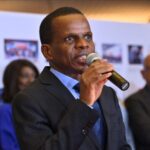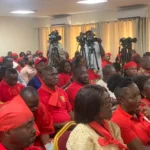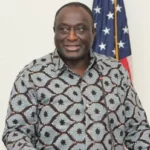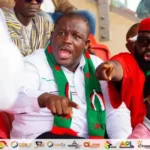The Chief of Staff, Julius Debrah, has expressed optimism that the creation of the Volta Economic Zone will significantly transform the Volta Region and improve the lives of its people.
Speaking on behalf of President John Dramani Mahama at the Grand Durbar of the 2025 Hogbetsotso Festival, Mr. Debrah said the initiative would mark a turning point in the region’s development.
“My prayer is that once we are able to support him [President Mahama] and we are able to create the Volta Economic Zone, Ghana will change dramatically and our lifestyle will also change dramatically,” Debrah stated.
The proposed Volta Economic Zone forms part of President Mahama’s broader vision to harness the potential of the Volta Lake and its basin, transforming it into a key industrial hub under the government’s 24-hour economy policy.
While the Volta Lake has long contributed to Ghana’s energy supply through hydroelectricity, the President has noted that its wider economic potential remains largely untapped.
The Volta Economic Corridor is expected to be central to the 24-hour Economy Programme, which seeks to reposition the Volta Basin as a national production zone and logistics artery. Plans include cultivating more than two million hectares of arable lakeside land, revitalising fisheries for both domestic and export markets, and establishing industrial parks to process agricultural products and manufacture essential goods.
The Volta Lake will also be developed into a fully functional transport corridor, linking northern food production areas with southern markets and export terminals to reduce logistics costs and boost trade efficiency.
Mr. Debrah’s remarks came amid the vibrant celebrations of Hogbetsotso Za 2025, which transformed the Anloga–Keta corridor into a hub of culture, history, and commerce. Held under the theme “Building Bridges: From a Common History to a Common Destiny,” the festival attracted thousands of local and international visitors and showcased how cultural events can stimulate economic activity.
The week-long celebration featured street carnivals, children’s durbars, unity concerts, and traditional rites. Local hotels, restaurants, and traders reported brisk business, underscoring the festival’s economic impact.
Traditional leaders graced the Grand Durbar, reinforcing messages of unity and collaboration. The festival also served as a platform to discuss regional development initiatives, including a proposal to upgrade Ohawu Agricultural College into a university to promote agricultural research, innovation, and job creation.
source:www.senaradioonline.com
